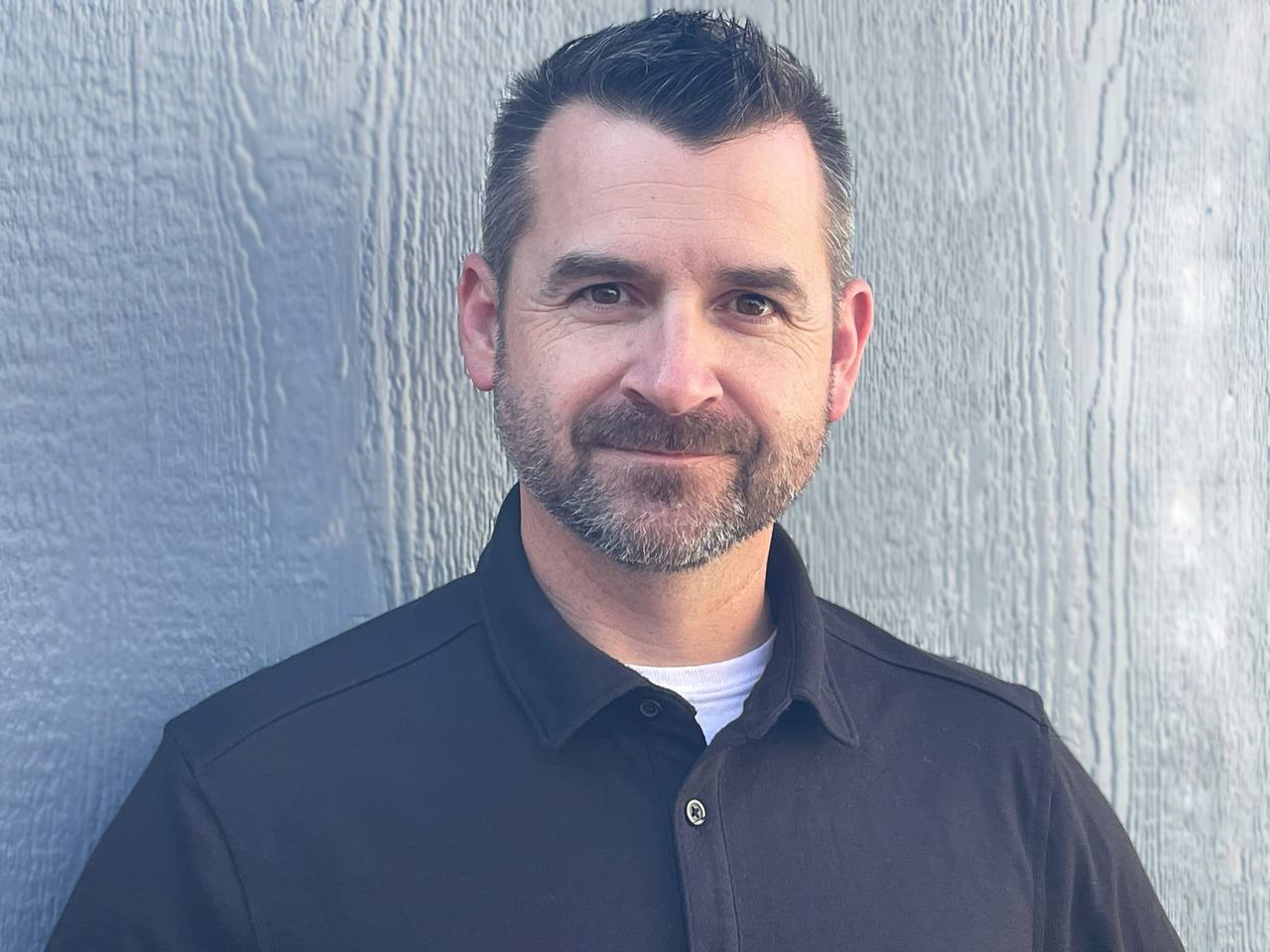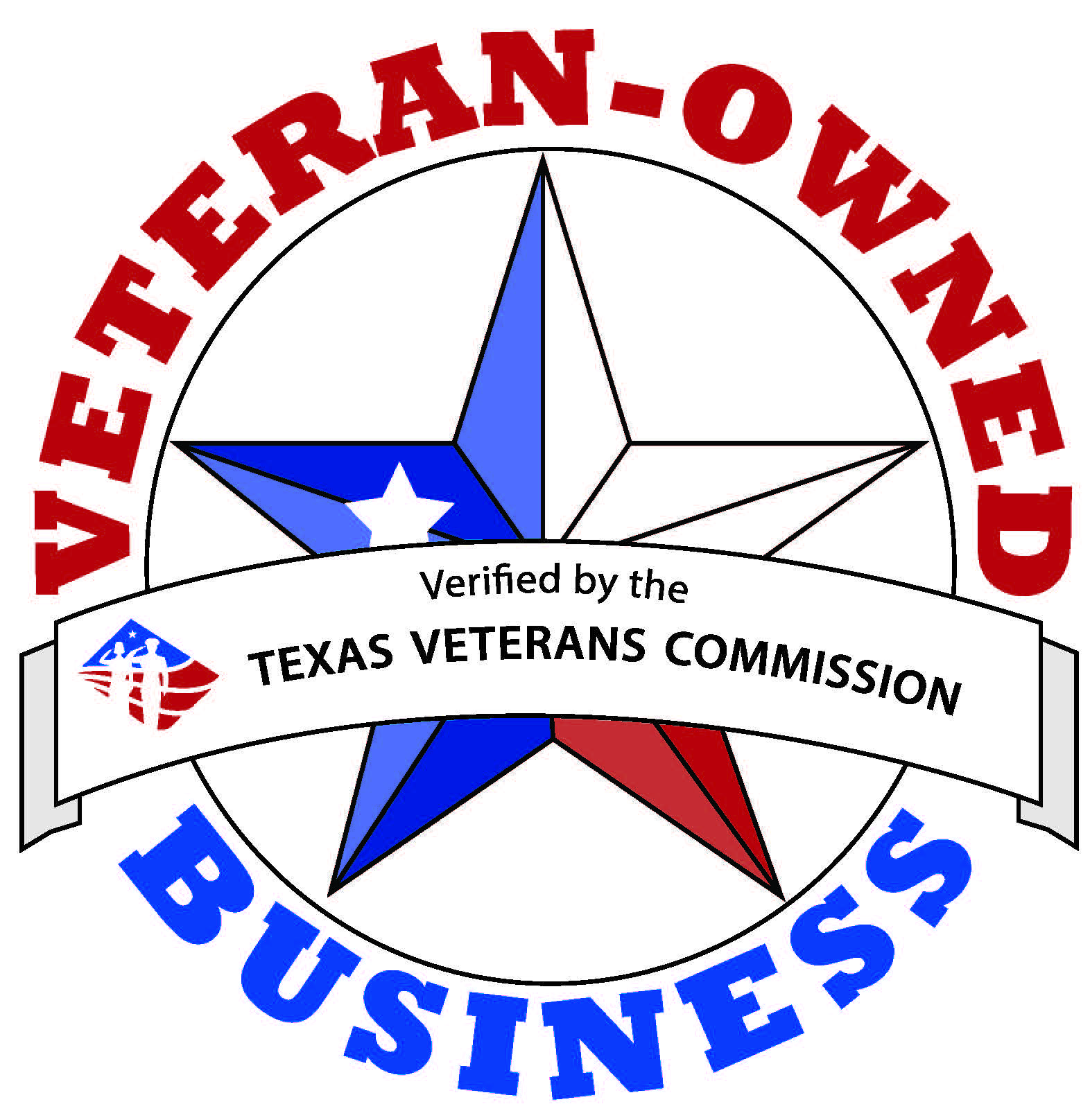As a rape survivor, I felt I had a duty to tell my story and teach others they did not have to hide in fear any longer. There are three features of an ethical organization: consciousness, discipline, and empathy. The organization must be aware of its actions within, realize there might be possible breakdowns in discipline, possess the resilience to confront the issue, and can understand the needs and feelings of its personnel.
The Army is no different; leaders must maintain constant awareness of their units or else the organization is liable to implode from within itself. The Army prides itself on leading the nation in combating sexual harassment and assaults, although internally there is still a waging battle on whether the organization has lost its way. Sexual assaults were still occurring at an alarming rate, usually in the disguises of rites of passages or unit initiations. These rites of passages are Army traditions that build upon esprit de corps and morale, but not exclusive to the military. Initiations are a way of transition on sports teams, fraternity and sorority societies, and school locker rooms. This framework defines the meaning and rules for these specific social groups because they view it as a tradition, an exclusive way of life. To pass these commencements is to be part of an elite institution. Sadly, these traditions can go too far and bring harm to initiates causing permanent mental and physical damage.
The Army created the Sexual Harassment/Assault Response and Prevention (SHARP) program to educate its personnel, military, and civilian, to combat the rape culture that has plagued the service for decades. I have attended numerous SHARP classes, not only is it a mandatory annual requirement but the commander reserves the right to generate more classes based on the current climate, such as new arrivals or a sexual assault incident. One common factor I noticed was that all the featured survivors, whether bravely sharing their story, on video, or the covers of literature, were all females. There were no males. Over a decade ago, I finally admitted that a male teacher raped me when I was in high school, but I never told anyone other than in a behavioral health setting. As a male-on-male rape survivor, I felt that it was time for me to be that male face my unit could rely on, especially since most service members are male. I volunteered to teach a SHARP class, but instead of showing the usual slides and regurgitating the latest statistics, I told my story for the first time in a public forum. Using my experience gained from years of military education and training, I prepared my class knowing that I would expose a personal and heartbreaking secret I managed to hide for almost two decades.
Knowledge is a constant in life and listening to one’s experiences is an excellent source of education. I was ready to share my experiences with this taboo topic and maybe open some eyes to break the machismo culture that is prevalent not only in the military but American society. As I prepared for my class, I sat in the empty auditorium where I would speak to get a feel of the space I would be talking the next morning. The theatre contained 500 seats, but I did not expect more than 50 people (who were probably mandated to be there). Little did I know, I would receive a pleasant surprise in less than twelve hours.
I arrived the next morning and found that not only was every seat filled, but there were also people standing in the empty spaces against the wall. Word had spread that my class would be different than what was the usual norm, this mandatory class became an event most of the unit wanted to attend. I did not use any organizational slides or pictures; it was just me with a microphone speaking on individual experiences that I hoped would resonate with others. After a brief introduction, I started with a line that I felt would hit hard and immediately gain everyone’s attention, “When I was 15, I male middle school teacher raped me.” As soon as I said that all eyes were on me, they hung to every word I had to say for the next 30 minutes. After I spoke and answered a few questions, I felt a pride that I had never felt before. I realized I could reach others and inspire them to speak against their perpetrators.
After the first talk, word spread of a male rape survivor who will speak for anyone that will listen, whether it’s a group of five people to an audience of 2,000. My values play a significant role in my classes, especially selfless-service. I speak because I enjoy helping survivors with the hope that they will seek the help they need. When teachers give their classes an individualized touch of experience, to open their lives to their students, they will appreciate the honesty, frankness, and devotion to teaching spreads throughout the world like ripples in a pond. They are the pebble that can create change and hope.
Individuals will tend to embrace professional ideas that evoke their interests and talents with sustained challenge and complexity. Even though I was content with my job, I found teaching others a subject that means so much to me by using my own experiences much more satisfying. This new euphoria pushes me to continue to hone my newfound craft, although it will never be a polished product because I try not to memorize a specific speech; I have found my classes are more impactful to the audience when raw and straight from the heart. The continued dedication of victim advocates and rape counselors inspires me to keep speaking, as long as they are willing to listen then I will do my best to encourage them to help other victims on the road to becoming survivors.



